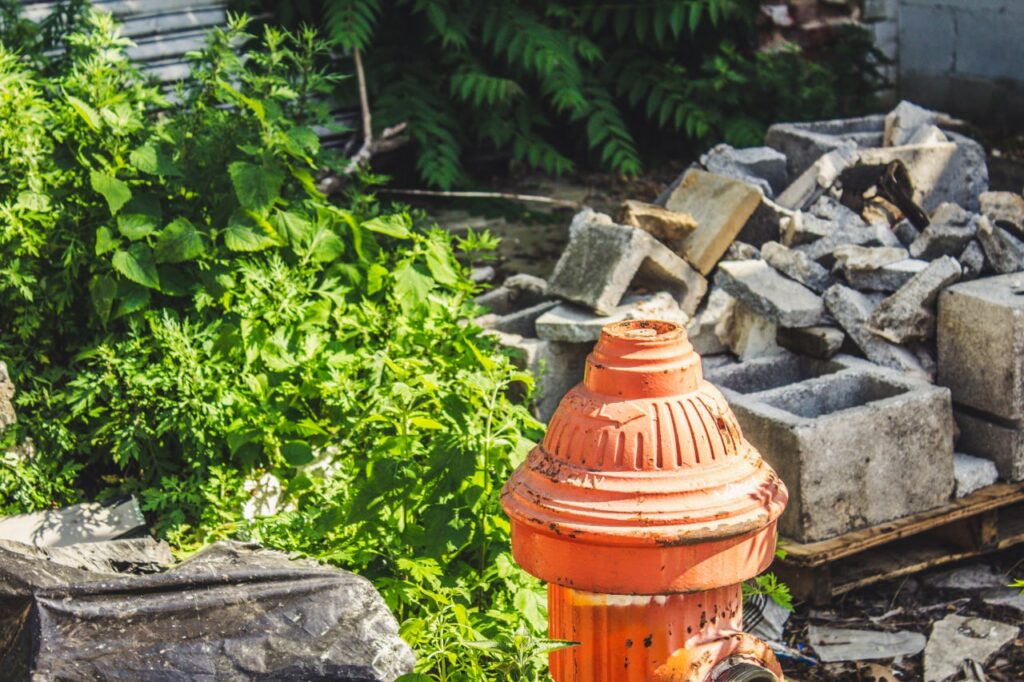In the quest for a more sustainable future, every aspect of daily life comes under scrutiny. From energy consumption to transportation, individuals and businesses are seeking ways to reduce their environmental footprint. Among the various facets of sustainability, waste management plays a pivotal role. Garbage collection services, often overlooked in discussions of sustainability, are in fact vital contributors to promoting eco-friendly practices and fostering sustainable living.
Modern garbage collection services go beyond mere trash pickup. Many municipalities and waste management companies now implement programs for efficient waste sorting. Through the use of recycling bins, composting initiatives, and designated hazardous waste disposal sites, these services encourage residents and businesses to segregate their waste streams effectively. By diverting recyclable materials from landfills, these efforts conserve resources, reduce greenhouse gas emissions, and minimize the environmental impact of waste disposal.
Efficient waste sorting lies at the core of modern garbage collection services, serving as the foundation for sustainable waste management practices. Gone are the days of indiscriminate dumping, as communities recognize the value of segregating waste streams to maximize resource recovery and minimize environmental impact.
At the heart of efficient waste sorting initiatives are comprehensive recycling programs. Garbage collection services provide residents and businesses with access to recycling bins for materials such as paper, cardboard, glass, plastic, and metal. These designated containers make it easy for individuals to separate recyclable items from general waste, diverting them from landfills and enabling their transformation into new products.
Moreover, many municipalities and waste management companies implement organics collection programs to capture food scraps, yard waste, and other organic materials. Through composting initiatives, these services turn organic waste into nutrient-rich compost, which can be used to enrich soil and support sustainable agriculture. By keeping organic matter out of landfills, these programs reduce methane emissions, a potent greenhouse gas produced during the decomposition of organic waste in anaerobic conditions.

In addition to recycling and composting, efficient waste sorting involves the proper disposal of hazardous materials. Garbage collection services provide residents with information and resources for safely disposing of items such as batteries, electronics, chemicals, and pharmaceuticals. By preventing these hazardous substances from entering the environment, these initiatives safeguard public health and protect ecosystems from contamination.
To ensure the effectiveness of waste sorting efforts, education and outreach play crucial roles. Garbage collection services conduct public awareness campaigns, distribute informational materials, and host workshops to educate residents about the importance of waste segregation and recycling. By empowering individuals with knowledge and skills, these initiatives promote behavior change and foster a culture of environmental responsibility within communities.
Furthermore, technological advancements have enhanced the efficiency and accuracy of waste sorting processes. Automated sorting facilities equipped with conveyor belts, optical scanners, and robotic arms can identify and separate different types of materials with precision. These state-of-the-art facilities maximize resource recovery by sorting recyclables more efficiently than manual methods, reducing the amount of valuable material lost to landfill disposal.
Efficient waste sorting is not just about diverting waste from landfills; it’s about unlocking the potential of discarded materials to become valuable resources. By implementing comprehensive recycling, composting, and hazardous waste disposal programs, garbage collection services contribute to the circular economy, where materials are reused, recycled, and repurposed in a closed-loop system. This approach minimizes the extraction of virgin resources, conserves energy, and reduces pollution, making it a cornerstone of sustainable living in the 21st century.
Efficient waste sorting is a critical component of modern garbage collection services, enabling communities to maximize resource recovery, minimize environmental impact, and move towards a more sustainable future. By embracing recycling, composting, and proper disposal practices, individuals and businesses can play their part in preserving the planet for future generations. As we strive to build greener, more resilient communities, let us recognize the importance of efficient waste sorting in achieving our sustainability goals.
One of the most significant benefits of organized garbage collection services is the promotion of recycling. By providing convenient recycling options alongside regular trash collection, these services make it easier for individuals and businesses to participate in recycling programs. This not only helps conserve raw materials but also reduces energy consumption and pollution associated with the production of new goods. Moreover, recycling contributes to the circular economy, wherein materials are reused and repurposed, further diminishing the strain on natural resources.
Garbage collection services also play a crucial role in encouraging waste reduction. Through public awareness campaigns, educational initiatives, and waste audits, these services empower communities to adopt habits that minimize waste generation. By emphasizing the principles of reduce, reuse, and recycle, garbage collection providers promote a culture of conscious consumption and responsible waste management. This shift towards waste reduction not only benefits the environment but also saves money by decreasing the need for disposal and landfill space.
In recent years, advancements in technology have revolutionized the field of waste management. Garbage collection services now utilize sophisticated systems such as automated waste collection, sensor-based sorting, and data analytics to streamline operations and enhance efficiency. These innovations optimize routes, minimize fuel consumption, and reduce emissions, thereby mitigating the environmental impact of waste collection and transportation. Additionally, smart bins equipped with sensors can monitor waste levels in real-time, facilitating timely pickups and preventing overflowing bins, thus reducing litter and pollution.
Effective waste management requires the collaboration of various stakeholders, including government agencies, private companies, and community members. Garbage collection services serve as catalysts for community engagement, fostering partnerships between local authorities, businesses, schools, and residents. Through collaborative efforts such as cleanup drives, recycling competitions, and waste reduction workshops, these services instill a sense of environmental stewardship and collective responsibility. By working together towards common goals, communities can achieve greater sustainability and resilience in the face of environmental challenges.
Garbage collection services are indispensable components of sustainable living. Through efficient waste sorting, promotion of recycling, encouragement of waste reduction, adoption of innovative technologies, and fostering community engagement, these services contribute significantly to environmental conservation and resource preservation. As individuals, businesses, and policymakers strive to address the pressing issues of waste management and climate change, recognizing the importance of garbage collection services is paramount. By supporting and investing in these essential services, we can pave the way towards a greener, more sustainable future for generations to come. For inquiries or to schedule a service, contact us at: Phone: (215) 608-2872 Email: gabe@letsgettrash.com


The World is Worth Hauling For!
Serving Pennsylvania with pride, Let’s Get Trash believes that every corner of our world is worth caring for. Our commitment extends beyond mere removal— it’s about enhancing the beauty of our community, fostering environmental responsibility, and ensuring a cleaner, brighter future for all. Choose Let’s Get Trash, where every haul is a step towards a better world.